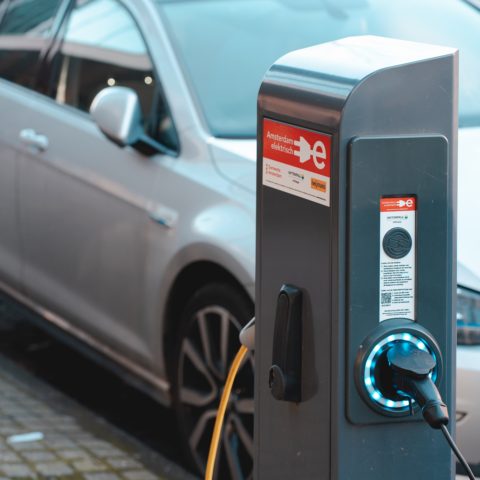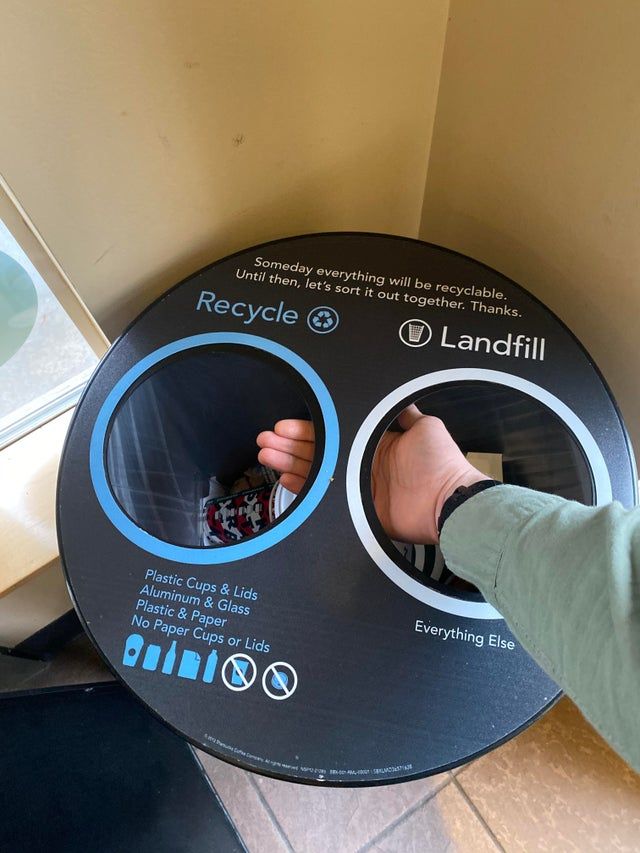By: Cait Felt

Lately, the Obama administration has put a renewed focus on environmental policy, largely in conjunction with society’s desire to be more environmentally conscious. However, some environmentalists assert that the administration could do more, a position largely at odds with actions taken by past U.S. presidents. As climate change continues to be one of the most contentious issues in American and even global politics in the modern world as a whole, this type of focus on the issue creates a thin line for the President to walk in public opinion polls. American presidents in particular have had a reputation for changing the country’s stance on the issue between individual presidents, which creates even more scrutiny for Obama to undergo. The last two Republican Presidents elected, for example, have given very little attention to the issue, despite the fact that President George W. Bush’s Democratic opponent in his first race, Al Gore, is one of the biggest names in global warming combat today.
The Obama Administration, in keeping with the growing attention and concern given to the idea of climate change in recent years, has continued to give much more specific and frequent statements on the United States’ fight against global warming. Environmentalists seem to consider much lacking from the President’s fight against harmful American intrusions into the global environment, but most would agree that President Obama has done more for positive environmental policy than any recent American head of state preceding him.
An important aspect of President Obama’s increased action on global warming is his administration’s willingness to take advantage of technological innovations created to raise awareness and combat rising environmental problems. The start of 2012, for example, brought to light a new online tool, which made all of the federal carbon emissions statistics available to the public. This program was expanded on Wednesday, March 19 of this year, when climate.data.gov launched new data tools accessible to the general public at large. These tools allow individuals to see very specific data for their area, how climate change may change their area (with things such as coastal flooding) in coming years at different levels of carbon emissions. A White House counselor has been quoted saying that the Obama administration hopes that this new that this new program will “help create easy-to-use tools for regional planners, farmers, hospitals, and businesses across the country—and empower America’s communities to prepare themselves for the future.” President Obama has also made his mark on climate change policy by supporting funding climate change research and prevention technology more than any of his predecessors.
President Obama has also set himself apart from past American presidents in his continued valuation of global warming preparedness in Congress. Obama has spoken on the importance of climate change research, awareness, and preparedness in Congress multiple times to date. To further entrench the seriousness of his point, the President has even announced that he plans to reserve $1 billion in his proposed fiscal budget for the federal government in 2015. He has either given his nod of approval or actively involved himself in campaigning for bills that support environmental awareness and action. However, some still assert that funding is simply not enough to create a lasting impression on the global environment.
Some critics hypothesize that President Obama’s second term would prove to be a new era for environmental policy in the United States. Hoping for this rejuvenated strategy has left environmental advocates with mixed feeling over the past year and a half. There have been many global victories in terms of an expansion of power for the Environmental Protection Agency (EPA) and funding for climate change research, but President Obama has also suffered harsh criticism from those who would like to see more done. These environmentally aware critics argue that though he may present an environmentally conscious face to the public, the President simply has not done enough. Through his approval of questionable mines and oil drills, he has shown preference for the American economy over the environment at times, since these mines cause air pollution and wreck the environment around them, and the drills sometimes involve fracking, which can often lead to pollution of the water table in the area.
President Obama seems to be running towards a reputation as a “green president,” but the American (and global) public seems to be divided right now as to whether or not this is a viable option in the time that he has left. According to the New York Times Blog, the current president is ranked fourth in order of “most environmentally friendly presidents.” Former President Jimmy Carter is the only recent president with a ranking near Obama’s—and he did not have access to the technologies available today. Despite the various accolades earned by President Obama, whether or not his attempts at environmental legislation throughout the next couple of years will be effective remains to be seen. Will he leave a legacy of improving American climate policy, or will he be mentioned in American history books as an unimportant leader in the battle against global warming?

